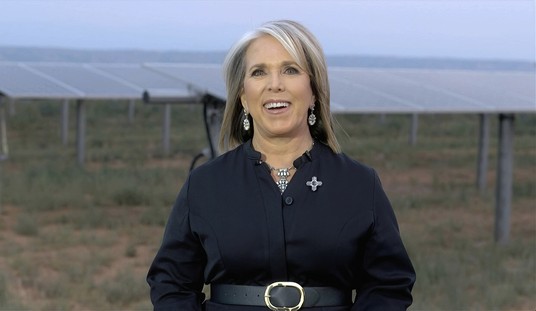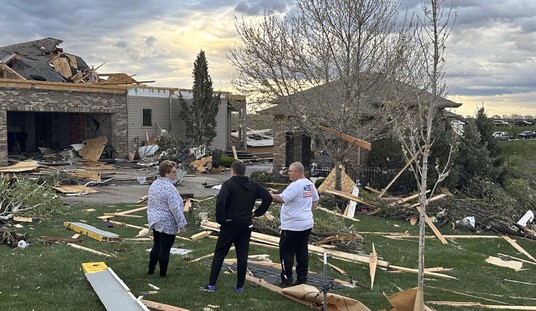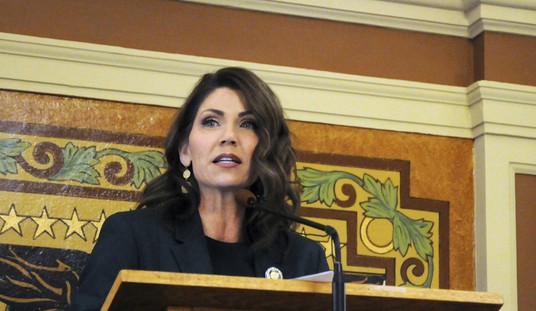Whenever a conversation about wealth comes up, I'm inclined to point out that the very idea is relative, and varies wildly from person to person. One person's wealth may be another's burden; some would consider wealth to be a modest but paid-off home in a quiet suburb, while to others, it may be worth going heavily into debt for an enormous house surrounded by shiny, new cars. For me and my wife, we have our modest home on a few acres of Alaskan woods, our ATVs to putt around on, and my modest collection of pre-64 Winchesters and Belgian Brownings; to us, all of those are wealth beyond all the gems of Cathay, and you could not convince us otherwise.
There is an old story, in which a hot shot businessman is walking on a beach, when he encounters another man, parked in a lawn chair with a cooler of cold beers at his side, his line in the water, and his fishing pole stuck in the sand at his side. Being somewhat experienced in fishing, the businessman observes, "You know, you won't catch any fish that way. And shouldn't you be at work?"
"Why should I be at work?" the fisherman asks.
"Because," replies the businessman, "then you could afford to buy a boat, go out where the fish are, and catch more fish!"
"Why should I want to do that, of all things?" the angler replies.
The businessman at this point is growing annoyed. "Because if you did well, you could buy more boats, hire men to crew them, and have your own commercial fishing business!"
"Why should I do that?"
The businessman retorts, "Because you could become very wealthy! You could leave the company to a good manager, have all the money you want, and do nothing but sit in the sand fishing all day!"
The fisherman smiles. "What," he asks, "do you think I'm doing right now?"

It never pays to overlook the obvious. And wealth doesn't necessarily mean "lots of money."
Wealth is where one finds it, and that can have many meanings to many people. Oh, sure, financial pressures are always with us, and the current Administration seems to be doing all it can to make those pressures squeeze just a tad harder with every passing week. But politicians' incompetence on economic policy is nothing new, sadly. And we've now come to such a pass that a prominent political leader is under scrutiny precisely because he isn't rich. If that's not a damning statement of our government's descent into kakistocracy, I don't know what is.
The accumulation of wealth is, of course, a hot topic in the media and in popular culture. This isn't the worst such I've ever read, and actually includes some decent advice on how to achieve a degree of fiscal security, which is an increasingly rare thing in these uncertain times.
Everyone has the ability to reach financial success. At least, that's what Ruby "SunShine" Taylor, founder and CEO of Baltimore-based financial education platform Financial Joy School, believes.
Taylor's new book, Unconventional CEO, chronicles her own financial hardship resulting from a car accident in 2012. The accident left her, a school social worker of more than 10 years, with a traumatic brain injury that kept her from being able to return to work. As the threat of homelessness loomed over her, she searched for answers.
"I realized that to bounce back, I needed to learn how to grow my money, invest wisely, and create a financial safety net for myself and my business," says Taylor.
She grew her net worth from negative $15,000 to over $487,000 over the course of eight-and-a-half years. Today, through the Financial Joy School, she helps Black and Brown communities invest in their financial education and create generational wealth. Here are her top three tips for how any founder or CEO can achieve financial well-being, regardless of their paycheck.
That's a great story (setting aside her odd preference for only helping "Black and Brown" people (when the charitable thing to do would be to help anyone, regardless of melanin content). The balance of the article, though, contains some sound advice. Her financial gains seem to have made Miss Taylor content, and it's to her credit that she is trying to help more people take advantage of the free-enterprise system to do likewise. Good for her, and may her success continue.
But there's just more to it than that, and this is something we forget at times. Financial wealth, yes, is great; in my 62 years I've been well-off and I've been broke, and I gotta tell ya, I like well-off better. But real wealth? The kind that brings meaning, value, and joy? Well, later in November, my wife and I will fly back to Iowa for our annual Thanksgiving/Christmas/family reunion, where we will be surrounded by our four daughters, our six grandchildren, and many other old friends and family members. At such times, I consider myself to be a very wealthy man indeed.
Yes, times are hard. Yes, wealth is more difficult to come by in these times. But think about this; it's a good mental exercise to consider, carefully, just what "wealth," really means to you -- what brings your life more meaning, what brings you more contentment, more joy. That's real wealth.
Robert Frost made some good points when he wrote these words:
Never ask of money spent
Where the spender thinks it went.
Nobody was ever meant
To remember or invent
What he did with every cent.
Think about this: Money comes and money goes, but it's real wealth, wealth in your joy in life, that lasts.













